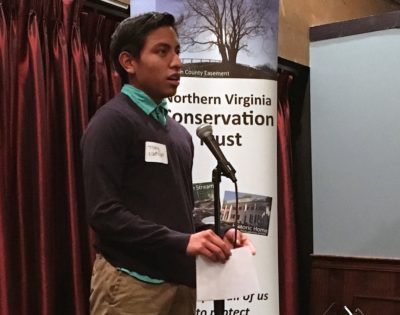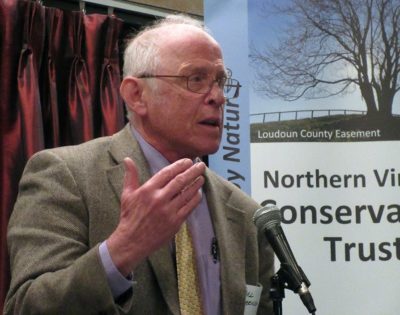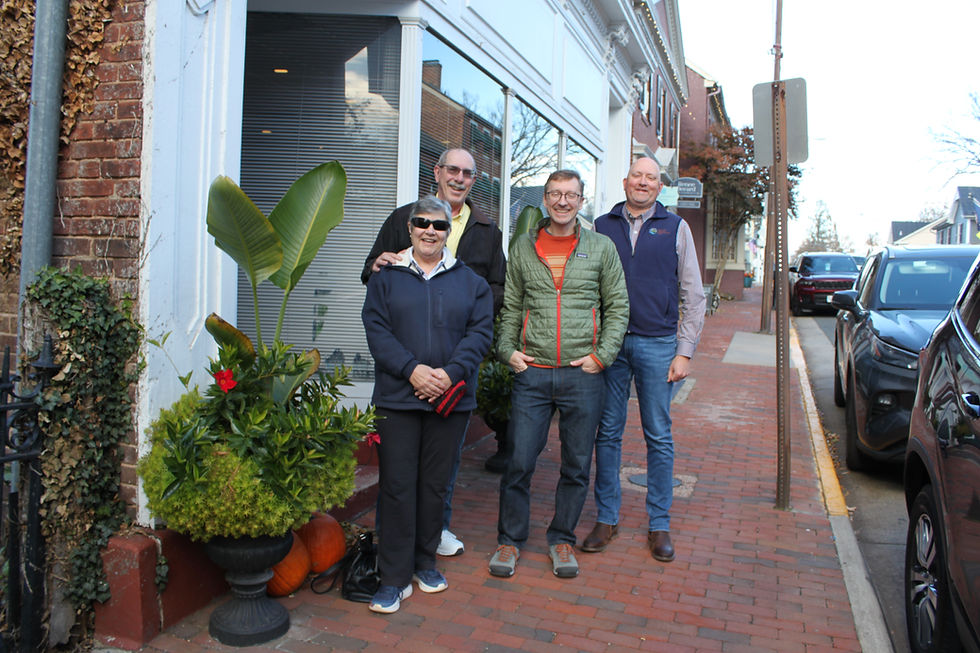The Wisdom of Aldo Leopold
- NVCT
- Jan 22, 2018
- 2 min read
Updated: Mar 19, 2019
Celebrating Leopold's 131st birthday.
NVCT and friends from around the community celebrated Aldo Leopold’s 131st birthday in January by reading from his time-tested book, “A Sand County Almanac.” A shout-out to all our readers for making Aldo’s words come alive, and a special thanks to our three youngest, up-and-coming conservationists. See the photo gallery of our readers in action, or see the whole event from a stationary camera we posted on Facebook Live, and available at facebook.com/nvct.org
Who was Aldo Leopold?
(See more at https://www.aldoleopold.org/)
Aldo Leopold was a conservationist, forester, philosopher, educator, writer, and outdoor enthusiast, and is considered to be the father of wildlife ecology and the United States’ wilderness system. Among his best-known ideas is the “land ethic,” which calls for an ethical, caring relationship between people and nature.
Born in 1887 and raised in Burlington, Iowa, Leopold developed an interest in the natural world at an early age, spending hours observing, journaling, and sketching his surroundings. After graduating from the Yale Forest School in 1909, he eagerly pursued a career with the newly established U.S. Forest Service in Arizona and New Mexico.
By age 24, he had been promoted to the post of supervisor for the Carson National Forest in New Mexico. And in 1922, he was instrumental in developing the proposal to manage the Gila National Forest as a wilderness area. It became the country’s first official wilderness area in 1924.
In 1935, he and his family initiated their own ecological restoration experiment on a worn-out farm along the Wisconsin River outside of Baraboo, WI. During weekends at “the Shack,” the family planted thousands of pine trees and restored prairies. Documenting the ensuing changes in the flora and fauna further informed and inspired Leopold.
A prolific author of articles for both professional journals and popular magazines, Leopold conceived of a book, geared for general audiences, which would examine humanity’s relationship to the natural world. Unfortunately, just one week after receiving word that his manuscript would be published, Leopold died of a heart attack on April 21, 1948.
A little more than a year after his death, Leopold’s collection of essays, A Sand County Almanac, was published. With more than two million copies sold, it has become one of the most respected books about the environment ever published, and Leopold has come to be regarded by many as the most influential conservation thinker of the 20th century.
Today, Leopold’s legacy continues to inform and inspire us to see the natural world “as a community to which we belong.”
Are you interested in sharing more about Aldo Leopold?
NVCT can provide a copy of the film Green Fire for a group viewing. It is the first full-length documentary film made about legendary conservation thinker Aldo Leopold, and explores Leopold’s extraordinary career and his enduring influence, tracing how he shaped the modern conservation movement and continues to inspire projects all over the country that connect people and the land. Contact us by email at info@nvct.org or call 703-354-5093.


















Comments